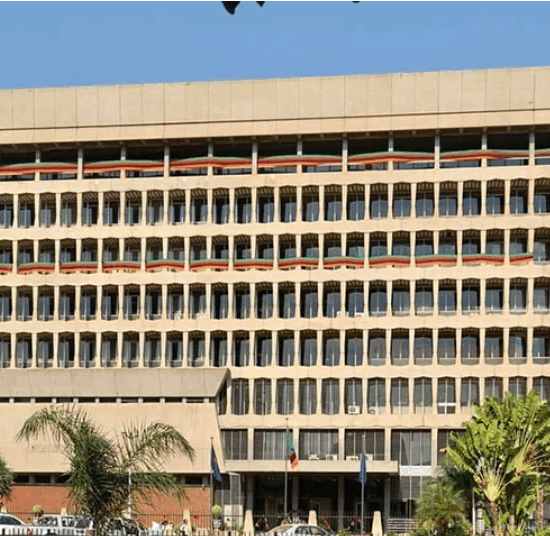According to the June 2023 report by the Zambia Statistics Agency ZAMSTATS, Western province placed second only to Eastern as the province with the highest inflation rate across the country.
The Western Province Chamber of Commerce and Industry attributed this to a number of factors such as transport costs and bad road network, lack of industries, lack of drugs, and low agricultural produce among others.
Speaking in an exclusive interview with the Zambian Business Times –ZBT, Chamber Vice President Samuel Litebele said many of the business transactions done in the province are by the small business enterprises that deal in vegetables, rice, timber, fish, and trading, and that the only other people who bring in money apart from them are the public workers.
Litebele disclosed that most of the commodities and foods are obtained from either North Western Kasempa, Mumbwa, and also from Lusaka. He said that commodities that come from Lusaka are what the traders buy which include hardware, detergents, and clothes.
Litebele said that most of the food comes from Mumbwa which includes maize, vegetables like cabbage and tomatoes, beans, and Kapenta. He said that because such commodities are coming from elsewhere, transport costs are high.
He said one of the other contributing factors is the road network. He said the road network is very bad that by the time the goods reach here they will be very expensive” He also mentioned that the province does not have a good number of industries like other provinces such as North Western Which has mines, and Central as well Southern provinces which have industries that can get a lot of people money.
Litebele further attributed this to the lack of drugs in hospitals which subjects people to buy them from other sources. He said there is an increase in drug prices due to their unavailability in hospitals.
Litebele said in addition to the depreciation of the kwacha, other contributing factors are low agricultural produce, increased maize prices which upscale the price of mealie meal, and an increase in electricity.
He disclosed that a 25-kilogram bag of mealie meal in the province is going at k150 to k290 breakfast, and k150 to k260 roller. He said the province only has two milling plants which are Country Millers and APG. He did however mention that they do receive mealie meals from outside the province mostly from Lusaka which is slightly cheaper depending on where the maize is bought ranging from k270 to k280. He said that not enough maize is produced in the Western province and the maize used by the local millers comes from either Kasempa, Kalumwange, or Mumbwa and Lusaka.
Litebele noted that if inflation is high, one of the effects is a loss in purchasing power and high-interest rates among others. “To our consumers, our appeal to them is that they should get involved in growing of these foods that we get from outside for example vegetables, grains, maize, and also rice because that will enable us to have these foods here,” said Litebele.
Litebele has also appealed to the government to reduce the cost of capital as it is one of the major problems hindering people from getting more into business. “Everything, water, Land, people are around, all the parts of production are available, but capital is very expensive, especially from the banks,” said Litebele.
He said the rates are more than 25% which is too high and cannot help the people to grow. Litebele also proposed that allocations to the Constituency Development Fund CDF and to the Citizens Economic Empowerment Commission CEEC be increased. He said currently the CDF stands at 5 percent and CEEC IS stands at 8 percent which is not enough to cater to the many projects that need financing in the province. He said this is the money that can assist the small-scale business personnel in the province to grow so that even when there is inflation, they will be able to trod and catch up.







